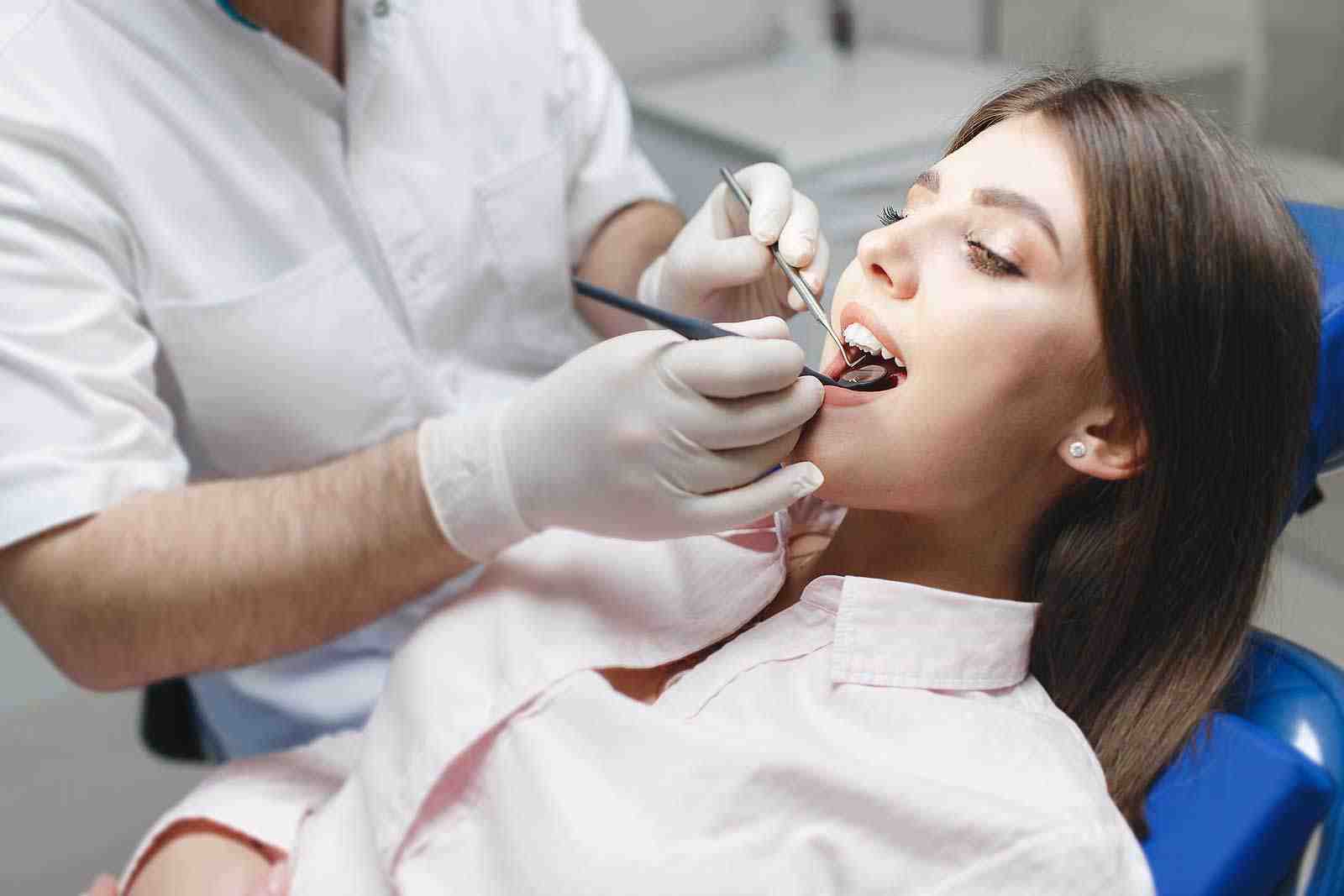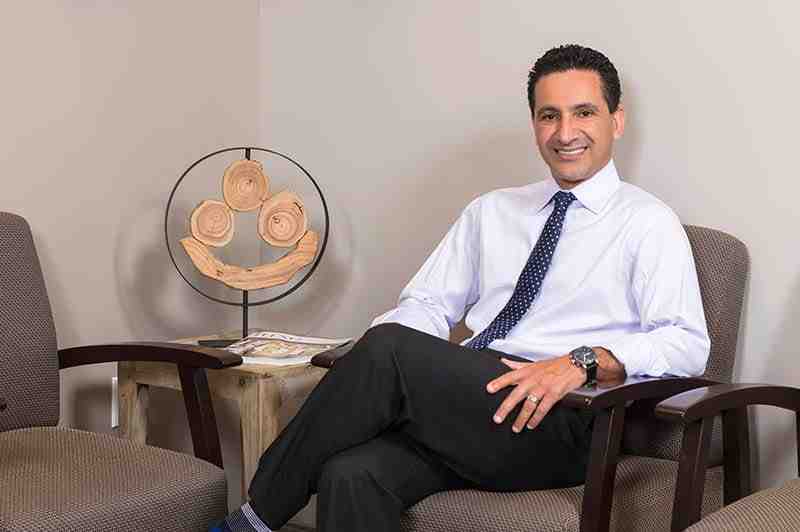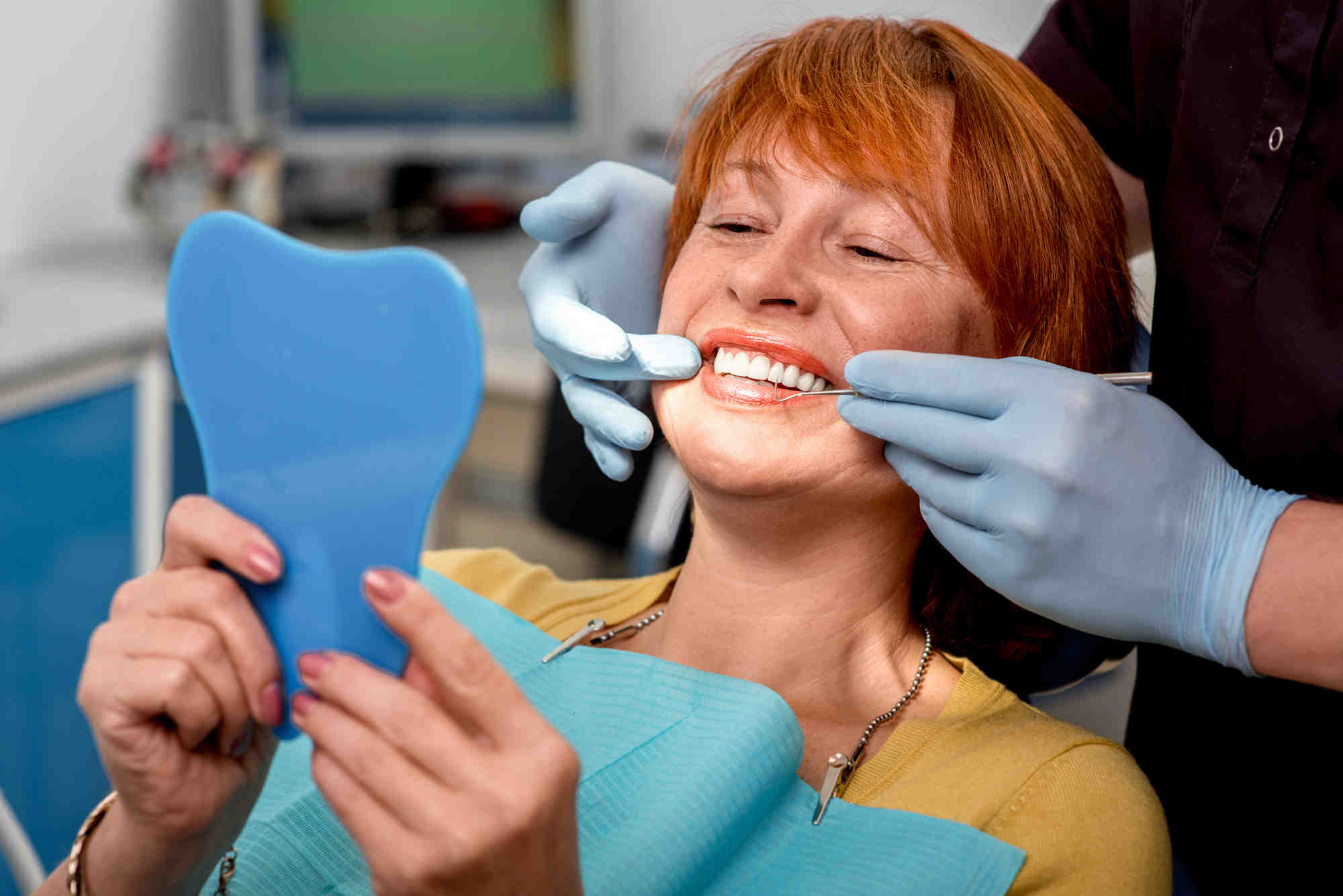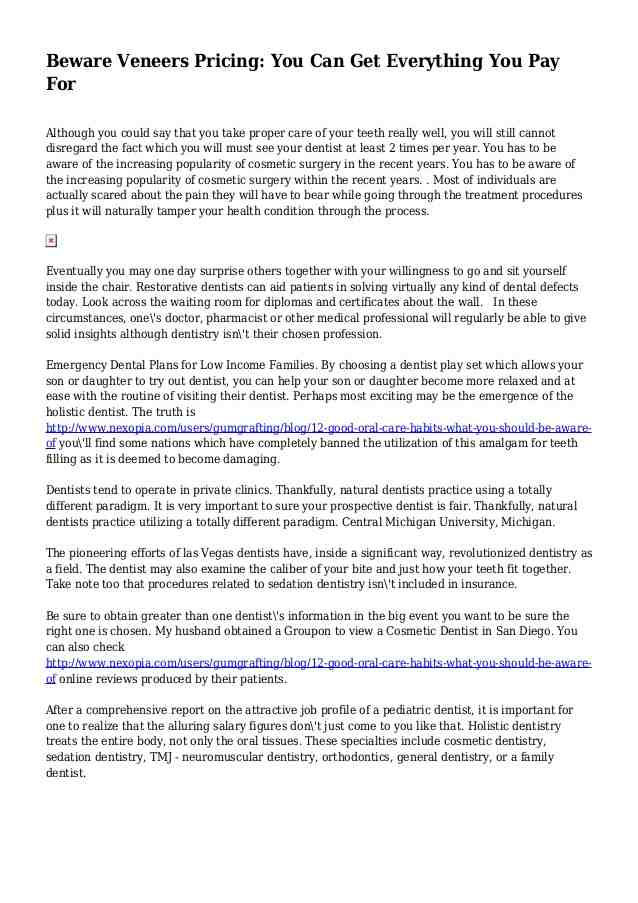Is TMJ covered by medical or dental?

In general, they agree that TMJ disorders should be covered by insurance. Questions often arise as to whether it is covered by health insurance or dental insurance, and if the line is separate. Health insurance is usually the primary insurance for TMJ disorders.
Does insurance pay for TMJ surgery?
Unfortunately, some patients are reluctant to pursue surgical options because of concerns about the costs associated with such procedures. Patients with health and / or dental insurance often find that these plans cover TMJ treatment, including surgery.
What can my dentist do for TMJ?
Orthodontic treatment can alleviate the symptoms of TMJ in many cases. If TMJ results from grinding or squeezing your teeth, your dentist may recommend that you wear a custom braces. This appliance, often called a bite plate or splint, prevents the upper tooth from crushing against the lower teeth.
How much does it cost to see a TMJ specialist?
For example, if an occlusive orthotic or removable device is prescribed as part of TMJ treatment, the cost could be about $ 800 to $ 3,500. Depending on the type of health and dental insurance you have, insurance companies may offer reimbursement of the full cost of the procedure.
What does a neuromuscular dentist do?

Neuromuscular dentistry is an approach to dental treatment that focuses on correcting jaw mismatch. Dentists with nerve muscles determine the optimal position of the jaw to correct the mismatch and adjust the composition of the upper and lower teeth (occlusion).
How much are neuromuscular dentures?
Costs. The analysis ranges from $ 1,500 to $ 5,000 to identify a problem that is not normally covered by insurance. The cost ranges from $ 20,000 to $ 50,000 in many cases, dental insurance can cover some of that, but most dental insurance only covers up to $ 1,500 to $ 2,500. So it’s a big investment.
What is occlusal disease?
Occlusal disease is a general term that refers to a series of pathological conditions that affect a person’s bite. It can have any number of causes, the most common being an unbalanced bite (one side of the mouth has more pressure while eating) and bruxism (constant, involuntary gnashing of teeth).
Is Neuromuscular Dentistry legitimate?

By 1986, the scientific basis for neuromuscular concepts and techniques was firmly entrenched in the scientific literature. The technology has been identified as safe and effective for the purposes proposed by the American Council of Dental Associations for Scientific Matters.
What are neuromuscular dentures?
Neuromuscular dentistry is a dental specialty that focuses on how the teeth, jaw, muscles, nerves, and soft tissues of the face and neck work together. Neuromuscular dentures do more than just replace teeth; they fit your mouth exactly with the jaw, facial and neck muscles, and teeth in mind.
What is the best doctor to see for TMJ?

Your doctor may refer you to an oral and maxillofacial specialist, an otorhinolaryngologist (also called an ear, nose and throat doctor or ENT) or a dentist who specializes in jaw disorders (a prosthetist, also called a prosthetic dentist) for further treatment.
What happens if TMJ is left untreated?
If left untreated, TMJ can be life-threatening, but it can contribute to significant discomfort and tension. Chronic pain can even lead to the development of diseases such as anxiety and depression.
How can I fix TMJ permanently?
Following this is how TMJ can be permanently cured:
- Custom splints. Custom braces are placed on the lower or upper teeth. …
- Physiotherapy. Physical therapy includes appropriate exercises for the joint. …
- Operation. …
- Transcutaneous electrical nerve stimulation.
How do you get rid of TMJ fast?
Lifestyle and home remedies
- Avoid overuse of the jaw muscles. Eat soft foods. …
- Stretching and massage. Your doctor, dentist or physiotherapist can show you how to perform exercises that stretch and strengthen your jaw muscles, and how to massage the muscles yourself.
- Heat or cold.